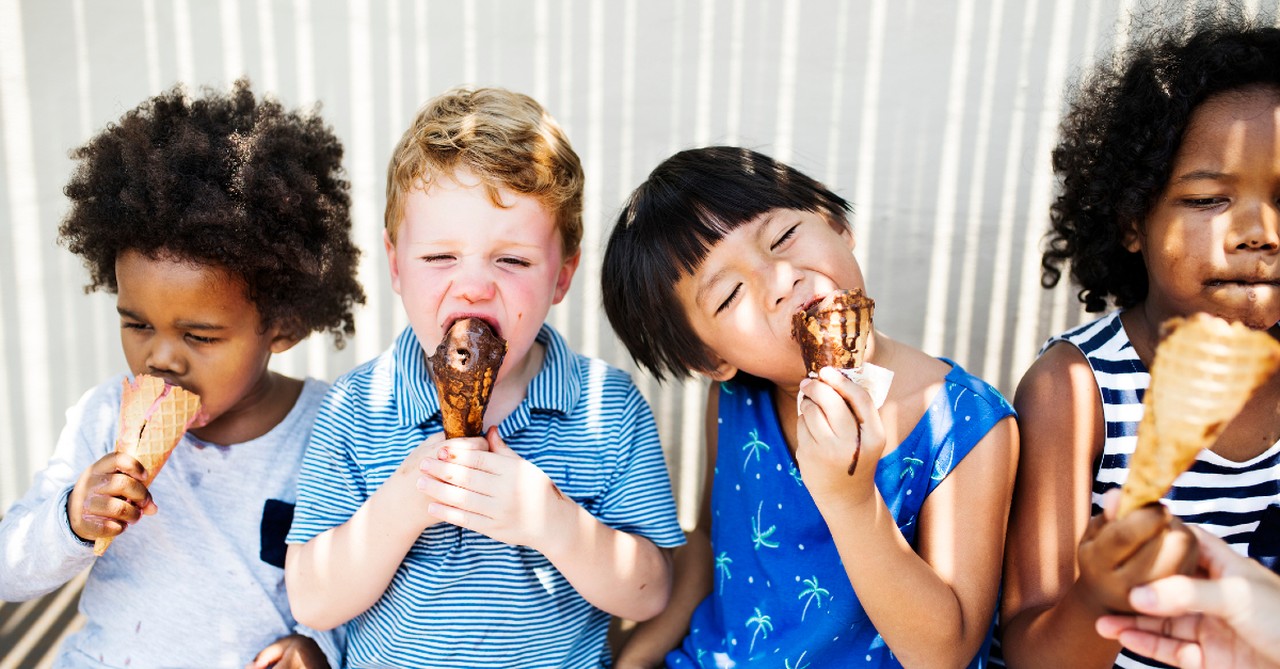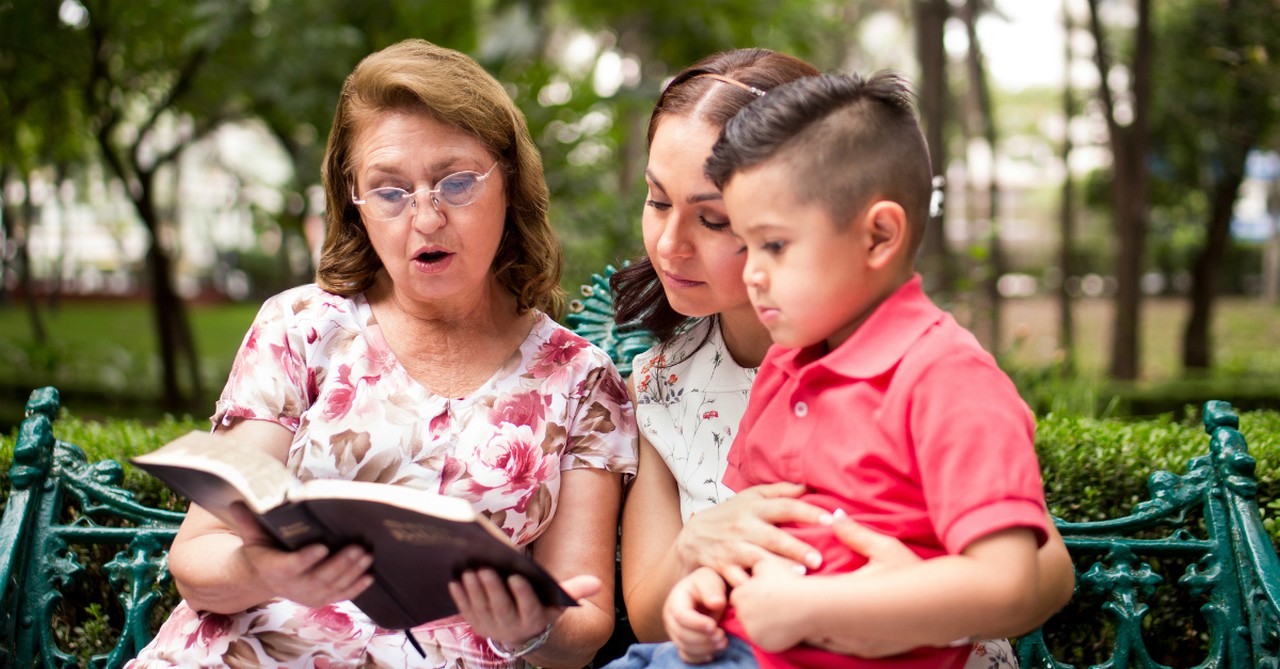
To even begin to approach this topic, I feel that I must first begin with confession and then ask for forgiveness from those in my community, state, nation, and world that are hurting due to the racism that lingers in our homes and hearts.
We all have a responsibility to pursue healing, reconciliation, and restoration of those who have been traumatized by systemic racism. Racism is an awful evil that goes against God’s heart for humanity. We are all created in His image and all should be treated with value, love, and mercy.
Until recent years, I must confess that I felt that not being actively racist was enough. As long as I personally showed love to all and recognized the value in every human, I was doing my part.
I was comfortable enjoying my white privilege while ignoring the hurts of racial injustice that go back generations. The effects of racism are not visible in my everyday experience. I have been content to live my life blind to the deep hurts that people of color are carrying.
I am so sorry for not seeing, not hearing, not loving past my very white-washed circles, and not doing enough to help my kids understand the effects of racism in our world today. Many of us have failed to connect the very obvious dots of the past to the anger, hurt, distrust, and brokenness of now.
It’s time for Christ-followers to do more than just “not be racist” we need to take the lead in building new bridges, become better teachers to our children on this issue, and we need to ask for God’s mercy to lead us as we dream about a world where broken hearts are healed.
How then do we start this hard, intentional, and meaningful work? We start at home.
Racism lives as a cancer of the heart and heats are informed by experience, by the messages both subtle and obvious we pass along to our kids. Let’s start teaching our kids to be the bridge the future needs to heal from the deep, dark, and heavy wounds of the past. Here are some ideas for you and me on how to do this work:
Photo Credit: ©GettyImages/monkeybusinessimages
1. Build Meaningful Diverse Relationships

1. Build Meaningful Diverse Relationships
SLIDE 1 OF 4
When your social circle lacks diversity, you are depriving your family of two meaningful things.
First, the chance to empathize and learn about people that have experiences that differ from your own. Second, the chance to confront your own biases.
In our home, I realized this to be the case when we started talking to our kids about becoming Foster Parents. A part of the conversation was talking about how the children that would become a part of our family would look and behave differently than us. They would come from a different home, different parents, and we would all have to learn how to love each other despite differences.
What surprised me was that my son immediately asked if a child we took in could have brown skin. He expressed he was uncomfortable about this idea. My son has several black and brown friends that he loves well, but something about them becoming his brother or sister revealed a bias hidden deep in his heart.
This was a chance to talk through the fact that any child is worth our love and acceptance. It was an opportunity to grow past the part of him that felt unsure about someone who seemed very different from himself.
Not long after this, we had a black baby in our home and our kids loved them with the most selfless, passionate, and unwavering love. Once they knew intimately the beauty of this sweet baby, the bias, fear, and potential for racism diminished.
We need to work harder to build meaningful relational bridges across the racial divide. When you know someone and their story, you grow context, you grow empathy, and grow a heart of love for who they are and the struggles they face.
Your kids need to not just learn about racism in a book. Every child is likely to learn about slavery, the civil rights movement, and other stories of racism and injustice, but without relationship, this feels like history. Relationships with those who continue to live in a world where this history continues to be repeated make this past relevant to our present.
Photo Credit: ©GettyImages/Rawpixel
2. Read about, Learn about, and Admire Those Who Have Fought against Racial Injustice

2. Read about, Learn about, and Admire Those Who Have Fought against Racial Injustice
SLIDE 2 OF 4
We are all familiar with the fact that February is Black History month. White people need to make this month and all “Black History” a part of the culture of their homes!
If we want to raise children that are tuned into the ideas of justice, equality, and freedom we have to give them the context, the tools, and inform them of the right stories that will train them to properly be those who stand up for these ideals.
Jennifer Harvey explains that just raising kids that are “color blind” or presume the ideals of equality is not enough. When we don’t talk about, read about, or learn about race relations in our homes our kids are not prepared to have conversations about these issues when they get older.
I feel this to be true for me as an adult that grew up in a loving home that never showed anyone anything but value. Nonetheless, my community was very white and we never talked about issues surrounding race.
As an adult my experience as a teacher in an inner-city black school, as a resident living in a black neighborhood, and as a friend to those whose background differed from my own, I have had to learn so much. Conversations around racism have been uncomfortable for me because unfortunately, race issues were not something I grew up being aware of.
If we want our kids to be the bridge builders of the future, we have to go out of the way to make the heroes of other races a part of the conversation that lives in our homes. We have to tell them about the bravery of Rosa Parks, Martin Luther King Jr., Harriet Tubman, Thurgood Mashall, Jackie Robinson and so many others.
We need to emphasize how important it is that we show the same bravery and willingness to sacrifice for others because the fight for realizing the dream of true equality has not yet been realized in our world.
Photo Credit: ©Getty Images/Estradaanton
3. Actually Talk About Racism With Your Kids

3. Actually Talk About Racism With Your Kids
SLIDE 3 OF 4
Here is the hard part: actually talking about racism with your kids. It’s a messy and hard conversation that most of us want to avoid.
Whether we like it or not our kids are learning about race and bias if we address the topic or if we don't. They are making observations about differences they see in their community, they hear comments from friends and teachers.
A part of our job as being shepherds of our children’s hearts and minds is making sure we address the topic of race and racism. The Parent Toolkit has some great suggestions on how to best navigate these conversations. They suggest we make sure we set the example of how to treat others.
Our kids follow our example much more than our words. We help them figure out how to navigate their curiosity about differences in a respectful way.
Make the conversation about race relatable. Use age-appropriate examples and metaphors to help illustrate the complexity of racism. Be humble and open about mistakes that you have made or others may make in their approach to race.
Every person on the planet has bias they have to overcome, we have to encourage our kids to grow and learn from failures they observe rather than expect them or you to handle these sensitive issues with perfection.
Lastly, they suggest that you work to grow a family that is an advocate for others. Find ways as a family to use your privilege, resources, and skills to invest in the lives of others. Being anti-racist is more than just being neutral, it’s looking around to find ways to reach out to those who need support.
Photo Credit: ©GettyImages/yacobchuk
4. Bring Jesus Into the Conversation

4. Bring Jesus Into the Conversation
SLIDE 4 OF 4
As Christ-Followers we realize that racism is an evil that seeks to tear apart our world. We know that one of the most powerful ways we can help bring healing to our world is through God’s grace. It’s likely you pray with your kids to heal those that are sick, hurting, or lost, let’s start adding racism and reconciliation to that list. We want to teach our kids that God’s heart is for the brokenhearted, so it is important that as believers we bring Jesus into this conversation.
This prayer can be as simple as praying the words from John 13:34 which says, “So now I am giving you a new commandment: Love each other. Just as I have loved you, you should love each other.” Let’s pray that we will all be able to love others just as Christ loves us.
We also need to take the time to teach our kids what the Bible does say about humanity. Colossians 3:14 says, “Above all, clothe yourselves with love, which binds us all together in perfect harmony.”
This verse is a beautiful memory verse to meditate on in our homes. Love and perfect harmony is the heart of God and there is no love in racism. Teaching our kids God’s heart for humanity is a powerful way to help first have hope for the future because with God all brokenness can be healed. It also underscores how important that we do the work in our own hearts to purge hidden racism because it goes against the heart of God.
May we all grow to be those that honor the image of God that lives in each and every person.
May we have the grace to learn from our mistakes and better shepherd the next generation to be those who “clothe themselves with love” so they can live in harmony with those of all races and backgrounds. May God do a new work in our homes and give us all a new heart that reflects His great love.
Amanda Idleman is a writer whose passion is to encourage others to live joyfully. She writes devotions for the Daily Bible Devotions App, she has work published with Her View from Home, also for the MOPS Blog, and is a regular contributor for Crosswalk.com. You can find out more about Amanda on her blog or follow her on Instagram.
Photo Credit: ©GettyImages/Aldo Murillo

Originally published June 07, 2020.







